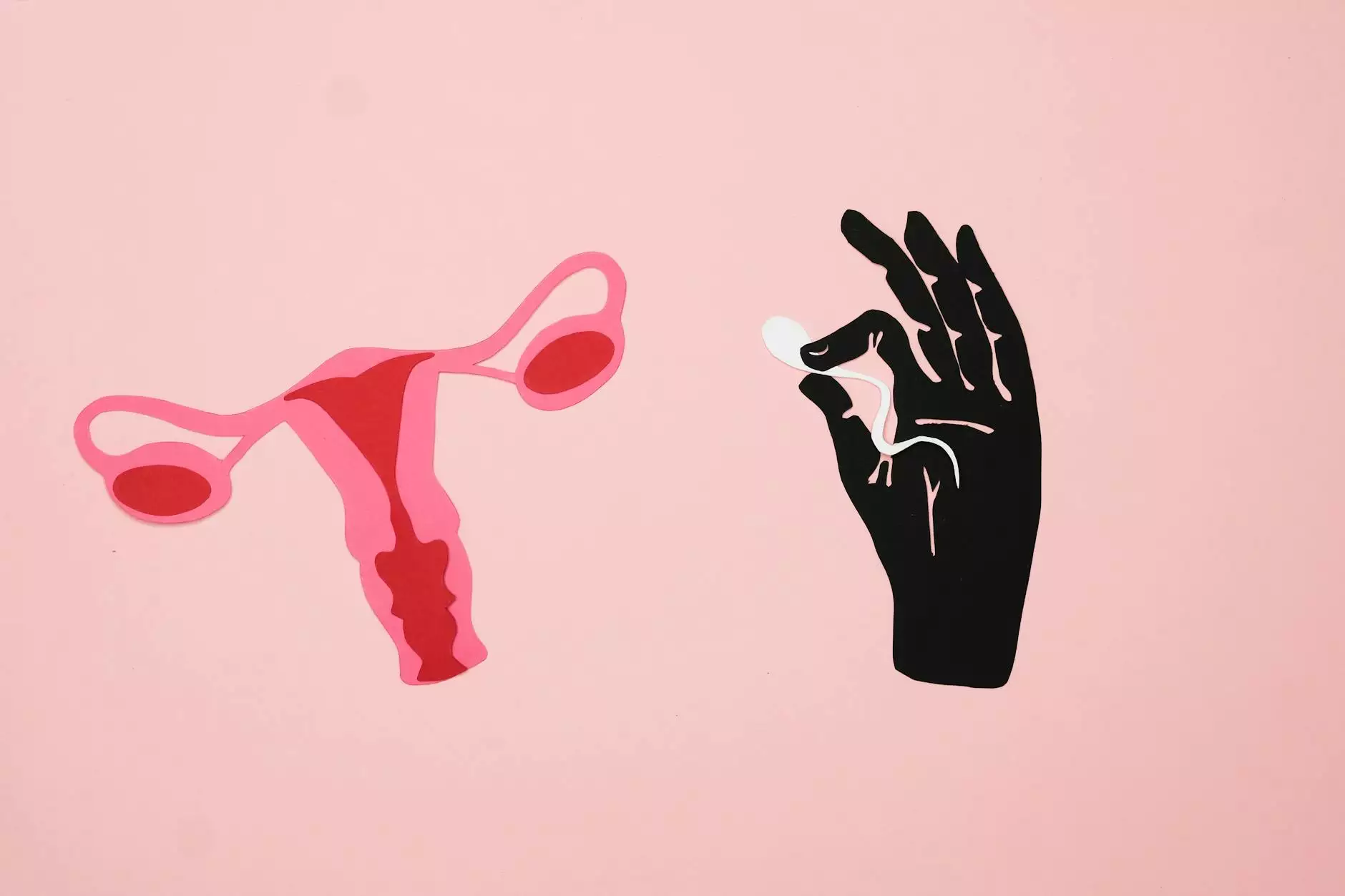Understanding and Managing Ankle Swelling for No Reason: A Complete Guide

Ask yourself: Why is my ankle swelling for no reason? This question can be perplexing and concerning. While minor ankle swelling can sometimes be harmless, unexplained or persistent swelling might signal underlying health issues that require attention. It’s essential to understand the causes, symptoms, prevention strategies, and treatment options for ankle swelling occurring without a clear reason.
What Is Ankle Swelling for No Reason?
At its core, ankle swelling for no reason refers to the accumulation of fluid in the tissues around the ankle joint, leading to puffiness, heaviness, or a noticeable enlargement of the ankle area that appears without an obvious injury or external trigger. While occasional swelling might be associated with standing too long, more persistent or unexplained swelling warrants medical investigation.
The Significance of Vascular Health in Ankle Swelling
Vascular health plays a pivotal role in maintaining fluid balance within the body. Disruptions in blood flow, lymphatic drainage, or venous circulation can contribute to unexplained ankle swelling. As specialists in vascular medicine, Truffle Vein Specialists are dedicated to diagnosing and treating conditions that influence ankle edema, ensuring optimal vascular function for overall health.
Common Causes of Ankle Swelling for No Reason
Numerous internal factors can lead to ankle swelling without an apparent injury. Some common causes include:
- Venous Insufficiency: When veins struggle to return blood from the legs to the heart, it leads to pooling and swelling.
- Lymphedema: Impaired lymphatic drainage causes build-up of lymph fluid, resulting in swelling.
- Heart Failure: Reduced cardiac efficiency can cause fluid accumulation in the lower extremities.
- Kidney Disease: Impaired kidney function can lead to fluid retention and swelling.
- Hepatic Conditions: Liver dysfunction may contribute to fluid imbalance and edema.
- Hormonal Changes: Conditions such as hypothyroidism or medications affecting hormonal balance can cause swelling.
- Infections or Inflammatory Disorders: Cellulitis, arthritis, or other inflammatory states can manifest as swelling without trauma.
- Medications: Certain drugs, including antihypertensives, steroids, and antidepressants, may cause fluid retention.
- Prolonged Standing or Sitting: Extended immobility impairs circulation, leading to edema, especially in individuals with underlying vascular issues.
Symptoms Associated with Unexplained Ankle Swelling
Understanding accompanying symptoms can help pinpoint the underlying cause:
- Persistent or worsening swelling
- Pain or tenderness in the ankle or leg
- Skin changes such as redness, warmth, or discoloration
- Skin tightness or shiny appearance
- Heaviness or fatigue in the limb
- Difficulty walking or mobility issues
- Shortness of breath (in cases linked to heart or lung issues)
- Fever or signs of infection
Diagnosing the Cause of Ankle Swelling: The Role of Medical Professionals
Proper diagnosis is the cornerstone of effective treatment. Specialists in Vascular Medicine, like those at Truffle Vein Specialists, utilize a comprehensive approach to identify underlying issues:
- Medical history assessment to identify risk factors and previous conditions
- Physical examination focused on the ankle, leg veins, skin, and lymph nodes
- Doppler ultrasound to evaluate blood flow and venous competence
- Lymphoscintigraphy to assess lymphatic drainage
- Blood tests for kidney, liver, and heart function
- Electrocardiogram (ECG) to check for cardiac issues
Effective Treatments for Ankle Swelling for No Reason
Once the underlying cause is identified, various treatment options are available, tailored to the specific diagnosis:
Vascular Treatments
Addressing venous insufficiency or lymphatic issues often involves:
- Compression therapy with specialized stockings to improve blood flow and reduce swelling
- Sclerotherapy or endovenous laser therapy (EVLT) for faulty veins
- Manual lymphatic drainage to stimulate lymphatic flow
- Vein stripping or ambulatory phlebectomy for severe varicose veins
Systemic Treatments
In cases related to heart, kidney, or liver conditions:
- Management of cardiovascular health through medications and lifestyle changes
- Diuretics to help reduce fluid retention
- Addressing underlying organ dysfunction with appropriate therapy
Lifestyle and Preventative Measures
Simple lifestyle modifications can prevent or lessen ankle swelling:
- Elevate your legs periodically to promote venous return
- Maintain a healthy weight to reduce pressure on lower limbs
- Engage in regular exercise to improve circulation
- Avoid prolonged periods of immobility
- Stay hydrated and follow a balanced diet
- Limit salt intake to reduce fluid retention
When to Seek Medical Attention for Ankle Swelling
While minor swelling is usually manageable at home, you should consult a healthcare professional if:
- The swelling persists for several days without improvement
- You experience severe pain or warmth in the area
- Signs of infection develop, such as redness, warmth, or fever
- You have difficulty breathing or chest pain
- Swelling occurs suddenly and is associated with injury or trauma
- Leg swelling is asymmetric (one leg significantly larger than the other)
Preventing Unexplained Ankle Swelling and Promoting Vascular Health
Prevention begins with maintaining overall vascular health:
- Regular check-ups with vascular specialists if you have risk factors
- Avoid smoking and excessive alcohol consumption
- Manage chronic conditions such as hypertension, diabetes, and cholesterol
- Wear comfortable, supportive footwear and compression stockings if recommended
- Resume physical activity regularly, tailored to your health status
- Stay informed and proactive about your vascular health
Why Choose Truffle Vein Specialists for Your Vascular Needs
At Truffle Vein Specialists, we are committed to providing advanced diagnosis, personalized treatment plans, and compassionate care for patients experiencing symptoms like ankle swelling for no reason. Our team of experienced vascular physicians employs state-of-the-art technology to identify underlying vascular or lymphatic issues effectively. Trust us to help you regain optimal health and mobility.
Conclusion: Take Action Today
Exploring the cause of ankle swelling for no reason is vital to preventing complications and enhancing your quality of life. Whether due to venous insufficiency, lymphatic issues, or systemic health problems, timely diagnosis and targeted treatment can make a significant difference. Remember, your vascular health is integral to your overall well-being. Don’t hesitate to seek expert advice — your health and comfort depend on it.









